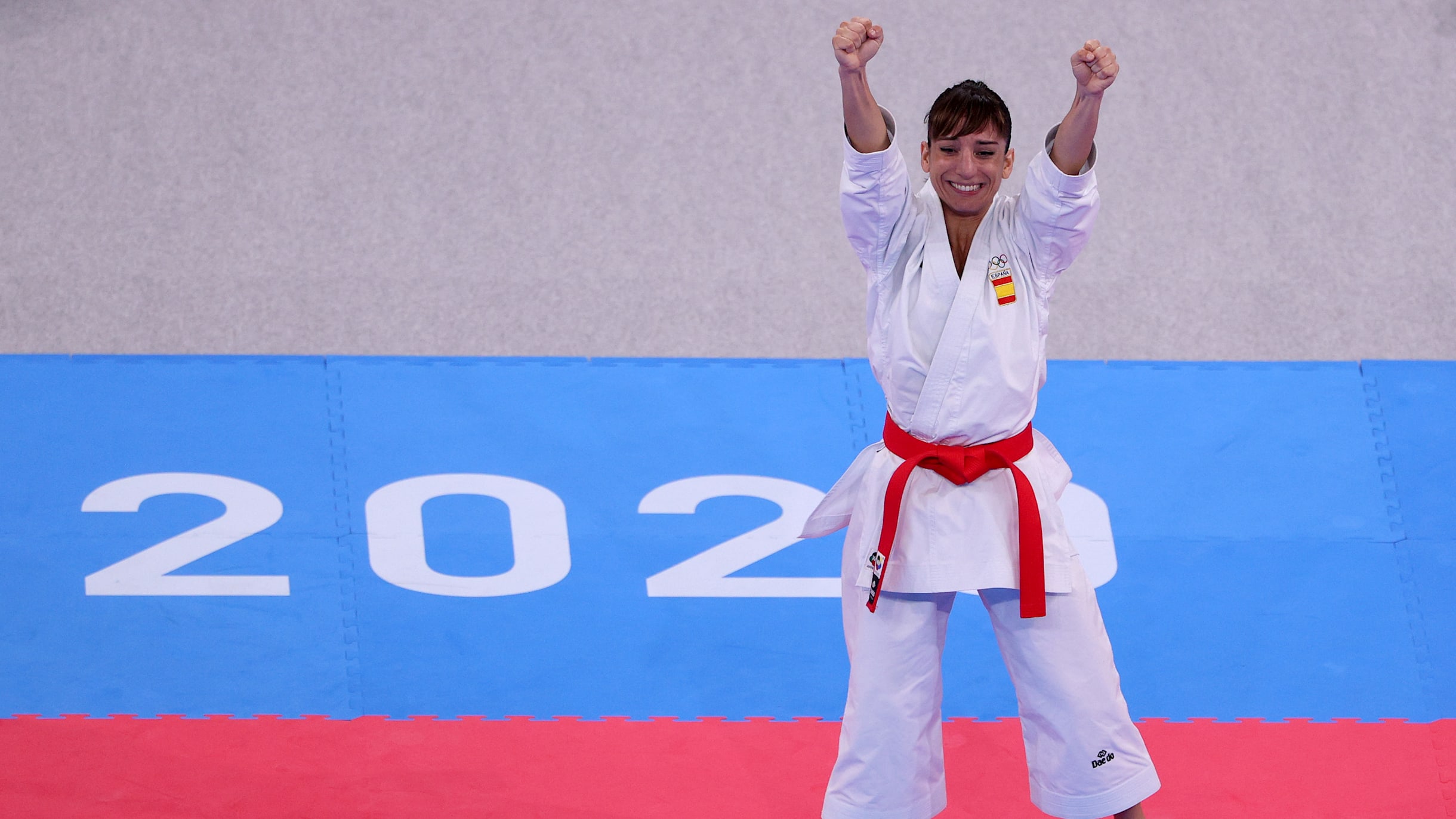The fascinating journey of Karate in the Olympic Games continues to captivate audiences worldwide. From its past glory to the present thrill, Karate has carved a unique niche in the heart of the Olympics. 🥋
In this comprehensive exploration, we delve into the intriguing history of Karate, tracing its roots and evolution in the Olympic landscape. Highlighting the significant milestones and influential personalities that have shaped its course, this exposition aims to offer a deeper understanding of the sport’s riveting journey.
We’ll analyze the pivotal moments that propelled Karate into the Olympic spotlight, unpacking the strategies, techniques, and dedication that have sculpted its illustrious legacy. The focus will not only be on the triumphant victories but also the challenging setbacks, presenting a well-rounded perspective of Karate’s Olympic trajectory.
Moreover, the captivating narratives of the sport’s present champions will be spotlighted. These inspiring figures continue to push the boundaries, redefining the essence of Karate in the Olympic narrative. Their riveting stories serve as a testament to the sport’s resilience and the undying spirit of its practitioners.
Join us as we unfold this intriguing exploration, bringing the rich history and thrilling present of Karate in the Olympics to life. This insightful journey promises to ignite your appreciation for the sport and its enduring legacy in the world’s biggest sporting stage. Let’s delve into this exciting world of strength, strategy, and determination! 💪 🌍 🏆
The Historical Origins of Karate in the Olympics
The journey of karate in the Olympics is a tale of resilience, persistence, and consistent evolution. It is imperative to understand that the origins of karate can be traced back to Okinawa, Japan. The sport was traditionally used for self-defense, but over the centuries, it has metamorphosed into a significant competitive sport.
The initial idea of introducing karate into the Olympics was proposed in the 1970s. However, it was not until the 2020 Tokyo Olympics that the sport was finally included in the official Olympic Games program. The International Olympic Committee (IOC) granted this inclusion in 2016, marking a significant milestone for the sport and its practitioners worldwide.
Challenges Faced in the Olympic Journey
The road to the Olympics was not smooth sailing for karate. Various obstacles hampered its inclusion in the Olympic Games. One of the main challenges was the vast range of karate styles, making it hard to standardize for competitive purposes.
Moreover, the IOC was initially reluctant to include additional combat sports in the Olympics. It was only through the relentless efforts of the World Karate Federation and the broader karate community that the sport eventually made its debut in the 2020 Tokyo Olympics.
The Role of the World Karate Federation
The World Karate Federation (WKF) played a pivotal role in karate’s Olympic journey. The WKF worked tirelessly to promote the sport globally, standardize its rules, and gain IOC recognition. These efforts culminated in the sport’s introduction at the 2020 Tokyo Olympics.
Karate’s Debut at the Tokyo 2020 Olympics
At the Tokyo 2020 Olympics, karate was divided into two categories: kata (forms) and kumite (sparring).
- Kata: In this category, athletes perform a series of offensive and defensive movements against a virtual opponent. The athletes are judged based on speed, strength, rhythm, and balance.
- Kumite: This category involves actual combat between two athletes. Points are awarded based on the effectiveness of techniques used.
The Tokyo 2020 Olympics was a historic moment for karate, with 80 athletes from various countries participating in the event.
Future of Karate in the Olympics
/s.glbimg.com/es/ge/f/original/2015/07/23/c8c1fd210239802505e673960ed8d81c_karm_23.07_sd_2026171_1.jpg)
Despite the successful debut at the Tokyo 2020 Olympics, the future of karate in the Olympic Games remains uncertain. The sport is not included in the Paris 2024 Olympic Games, a decision that has sparked controversy within the karate community.
However, the WKF and other stakeholders are not giving up. They continue to advocate for karate’s inclusion in future Olympic Games, hoping that the sport will continue to gain recognition and inspire future generations of karateka (karate practitioners) worldwide.
In conclusion, the journey of karate in the Olympics is a testament to the resilience and determination of the sport’s global community. Despite the challenges and uncertainties, the spirit of karate continues to thrive, symbolizing a bright future for this ancient martial art.
Conclusão
In conclusion, the narrative of Karate’s trajectory in the Olympics is an inspiring tale, brimming with resilience, perseverance, and continued evolution. Emerging from its humble origins in Okinawa, Japan, Karate has come a long way, transforming from a traditional self-defense technique to a celebrated competitive sport. The journey was filled with obstacles, primarily due to the vast array of Karate styles and initial reluctance from the IOC to introduce additional combat sports. However, through relentless efforts by the World Karate Federation and the larger Karate community, the sport made its historic debut in the 2020 Tokyo Olympics, with 80 athletes participating. Despite its future being uncertain, with its omission from the Paris 2024 Olympic Games causing controversy, the global Karate community remains hopeful. The relentless determination of Karate practitioners worldwide is a testament to the sport’s enduring spirit and symbolizes a promising future for this ancient martial art.

